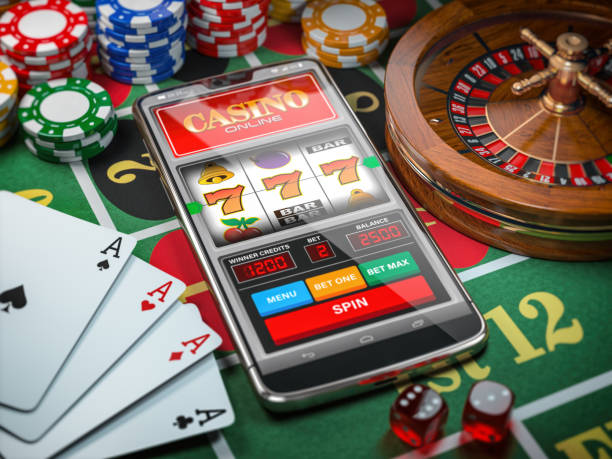
How Slot Machines Work in the Modern Casino
Slot machines have long been a staple in casinos around the world. With their flashing lights, engaging sounds, and the promise of big payouts, they attract millions of players each year. In this article, we will explore how slot machines work, from their design to the algorithms that drive them. For more detailed information on gaming strategies, feel free to check out How Slot Machines Work in Online Platforms https://9bet-br.com/.
The Evolution of Slot Machines
Slot machines date back to the late 19th century, when Charles Fey invented the first machine in 1887. The Liberty Bell was a simple device featuring three spinning reels and five symbols: horseshoes, diamonds, spades, hearts, and the Liberty Bell itself. Players would pull a lever, which would spin the reels, and if they landed on three Liberty Bells in a row, they would win a jackpot. This basic concept has evolved tremendously over time.
Modern Slot Machines
Today’s slot machines, often referred to as video slots, incorporate advanced technology and complex algorithms. Unlike the mechanical machines of the past, modern slot machines use Random Number Generators (RNG) to ensure a fair gaming experience. These computer algorithms generate thousands of random numbers every second, even when the machine is not in use. When you start a game, the RNG selects a number at random, determining the outcome of the spin.

Understanding the Random Number Generator
The RNG is a fundamental element of how slot machines work. It ensures that every spin is entirely independent of the last one. This means that no amount of strategy or previous outcomes can predict or influence future spins. Each time a player engages with a slot machine, they are engaging with a unique set of random numbers that dictate the game’s result.
Return to Player (RTP) and Volatility
Two important terms to understand in slot machines are Return to Player (RTP) and volatility. RTP is a percentage that indicates how much money a slot machine returns to players over time. For example, a game with an RTP of 95% will, theoretically, return $95 for every $100 wagered. Volatility, on the other hand, refers to the risk involved in playing a particular game. Low volatility slots pay out smaller amounts more frequently, while high volatility slots may have larger payouts, but less frequently.
Game Design and Themes
Slot machines are designed to engage players through various themes, graphics, and sound effects. Game developers invest significant effort into creating visually appealing designs and immersive experiences. Popular themes can include movies, folklore, adventure, and even historical figures. This aesthetic appeal, combined with the thrill of the game, makes slot machines irresistible to many players.
Bonus Features and Free Spins

Many modern slots offer exciting bonus features that can significantly enhance gameplay. These can include free spins, wild symbols, scatter symbols, and progressive jackpots. Free spins allow players to spin the reels without wagering additional money, while wild symbols can substitute for other symbols to create winning combinations. Progressive jackpots accumulate with each bet placed, offering players the chance to win life-changing sums of money.
The Psychology of Slot Machines
Understanding how slot machines work also involves delving into the psychology behind them. These machines are designed to be entertaining and provide instant gratification. The sights and sounds of a winning spin create a dopamine release in the brain, reinforcing the behavior of playing. Casinos use various techniques to keep players engaged, including lighting, sound effects, and even the layout of the gaming floor, which keeps players in close proximity to the machines.
Near Misses and Loss Aversion
One psychological technique that slot machines utilize is the ‘near miss’ phenomenon. This occurs when the reels stop just short of a winning combination, creating the illusion that a player was ‘close’ to winning. Near misses can often encourage players to continue playing, even when they are losing overall. Additionally, loss aversion plays a role in why players may continue to bet; the desire to chase losses can lead to riskier behavior.
Conclusion
Slot machines are an intricate blend of technology, design, and psychology. Understanding how they work can enhance your gaming experience and make you a more informed player. While luck plays a significant role in your chances of winning, knowing about the mechanisms at play can help you make more educated decisions in your gaming journey. Whether you enjoy the thrill of a mechanical slot or the vibrant graphics of a video slot, these machines are designed to provide entertainment and excitement in abundance.
